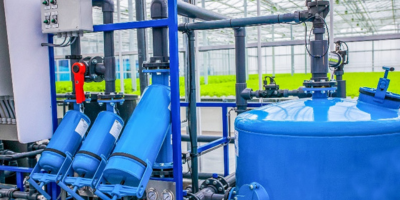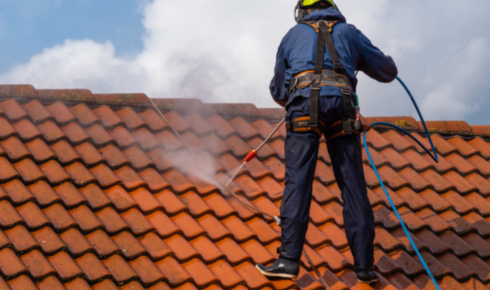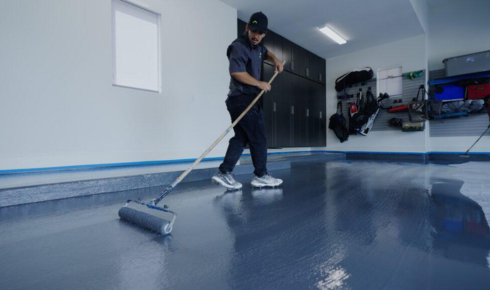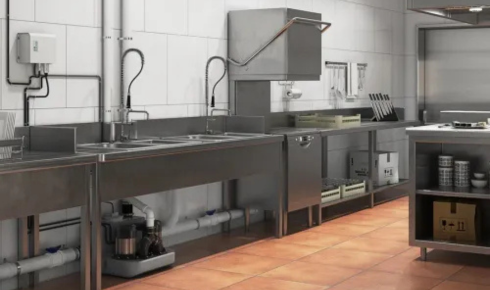Let’s be real—there’s something unsettling about the idea of “forever chemicals” lingering in your morning coffee, your kid’s bathwater, or even that glass you poured from the fridge five minutes ago. You hear the terms: PFAS, PFOS, PFOA… and suddenly, water doesn’t feel so harmless anymore. And if you live in South Lyon or anywhere nearby, chances are you’ve heard those acronyms mentioned more than once at a town meeting or splashed across a headline.
It’s no longer just about water tasting good. It’s about trust. And it’s about understanding that the South Lyon MI PFAS water filtration conversation isn’t just a passing trend—it’s a growing necessity.
The Problem with Forever Chemicals
If PFAS sounds like something out of a sci-fi novel, you’re not too far off. Short for per- and polyfluoroalkyl substances, they’re a group of man-made chemicals that don’t break down easily in nature—or in our bodies. That means once they’re in, they’re in for a while.
These compounds were widely used in products like non-stick cookware, waterproof clothing, food packaging, and firefighting foams. Over time, they found their way into soil and groundwater, sneaking into public water systems. And because they’re odorless, tasteless, and invisible, most people didn’t know they were ingesting them.
Cue the concern.
Studies have linked PFAS exposure to a range of health issues—thyroid problems, immune system interference, even certain cancers. Understandably, families are now asking: How do we get rid of these things? And the answer starts with awareness… and ends with action.
How Do You Actually Get Rid of PFOS?
It’s one thing to know your water might be contaminated. It’s another thing to know what to do about it. Not all water filters are created equal—and most off-the-shelf systems at your local home store weren’t designed to tackle something this specific.
This is where PFOS removal technology comes into play. PFOS is one of the most studied and persistent types of PFAS, and filtering it out requires something a bit more advanced than a charcoal pitcher filter.
Specialized filtration systems, often using granular activated carbon (GAC) or high-pressure reverse osmosis membranes, have been proven effective at reducing PFOS levels. These aren’t fancy extras—they’re essential components for any homeowner looking to seriously address chemical contamination.
Many municipalities are slowly catching up, but for folks who want peace of mind now, installing a home system has become the go-to route. It’s control in an area where you previously didn’t think you’d need it.
Why Local Matters
What works for one region doesn’t always work for another. That’s especially true with water treatment. South Lyon, MI, has its own water profile, its own infrastructure, and—yes—its own issues with PFAS. So while it’s tempting to just click “Buy Now” on a trendy filter brand, the truth is, you need something that addresses the specific situation here.
That’s why so many homeowners are turning to local experts and water professionals who understand what’s in the pipes under our feet. They’re not guessing. They’re testing, diagnosing, and offering the best water treatment solutions for the job—based on facts, not fear.
From customized multi-stage filters to whole-house reverse osmosis systems, the options vary—but the goal stays the same: make your water as clean and safe as possible. Not just for drinking, but for brushing your teeth, washing your hands, and yes, even feeding your dog.
Making the Shift: It’s Not Just About Health
Here’s something most people don’t talk about when it comes to water filtration: the mental shift. Once you’ve installed a system that protects you from PFAS, you worry less. You trust more. You stop second-guessing every glass of water. That’s worth a lot.
You’re not just filtering chemicals—you’re filtering out anxiety.
And while no system is perfect, and there’s always room for improvement and innovation, it feels good to know you’re doing something. You’re not waiting on bureaucracy. You’re protecting your family right now, in real time.
Final Thoughts: Better Water, Brighter Living
So, what do we take from all this?
It’s not about panic. It’s about being proactive. Knowing your water might have issues doesn’t mean you have to accept them. Whether you’ve had your water tested already or you’re just now hearing the term PFOS for the first time, the most important step is the next one.
Ask questions. Call a local expert. Do your research. And don’t settle for a shrug.
South Lyon deserves clean water. Your home deserves clean water. And let’s be honest—you deserve the peace of mind that comes with knowing the problem is being handled. Clean water should be a given, not a gamble. Let’s make that a reality, one home at a time.




